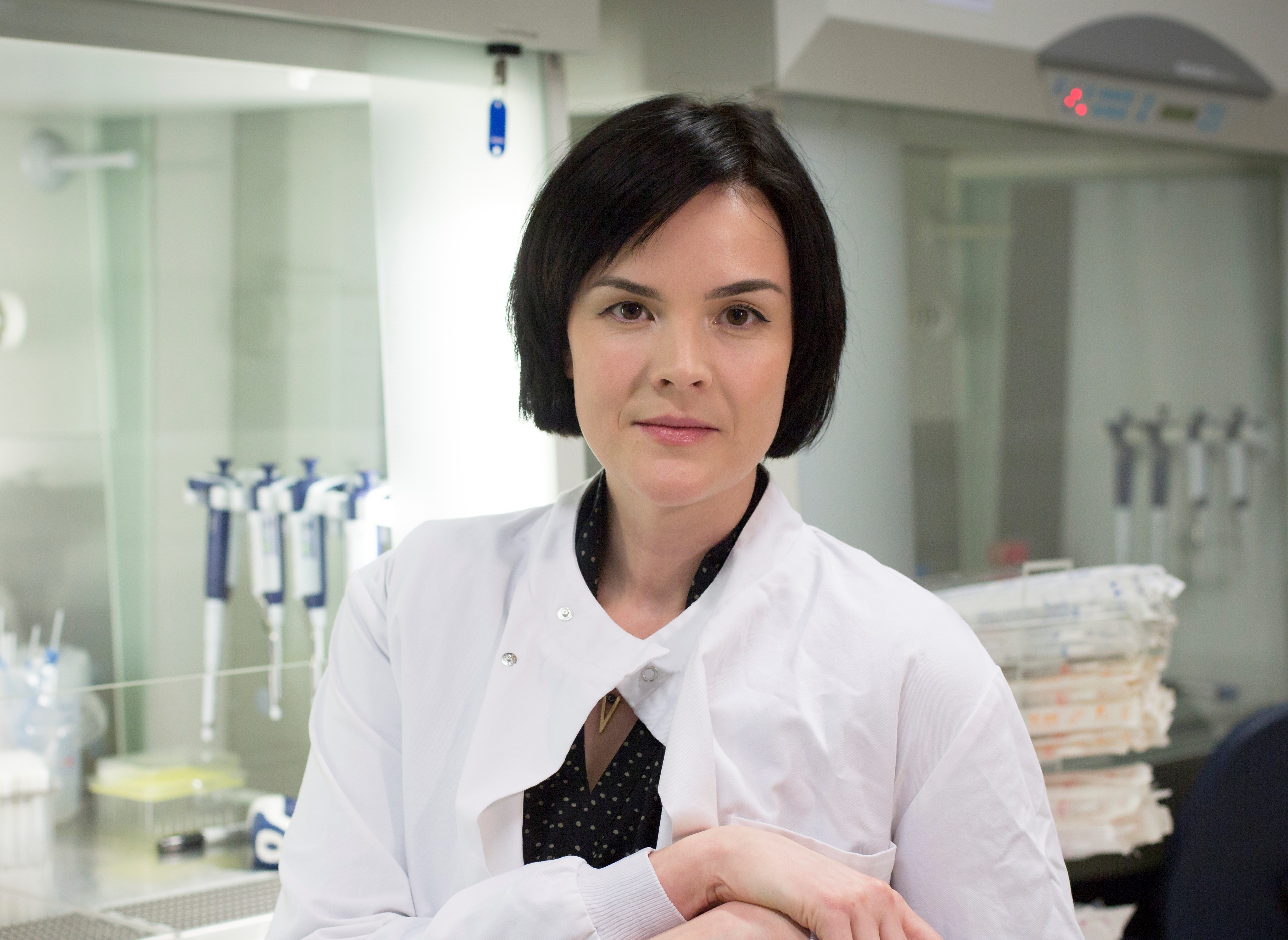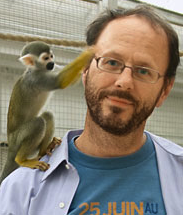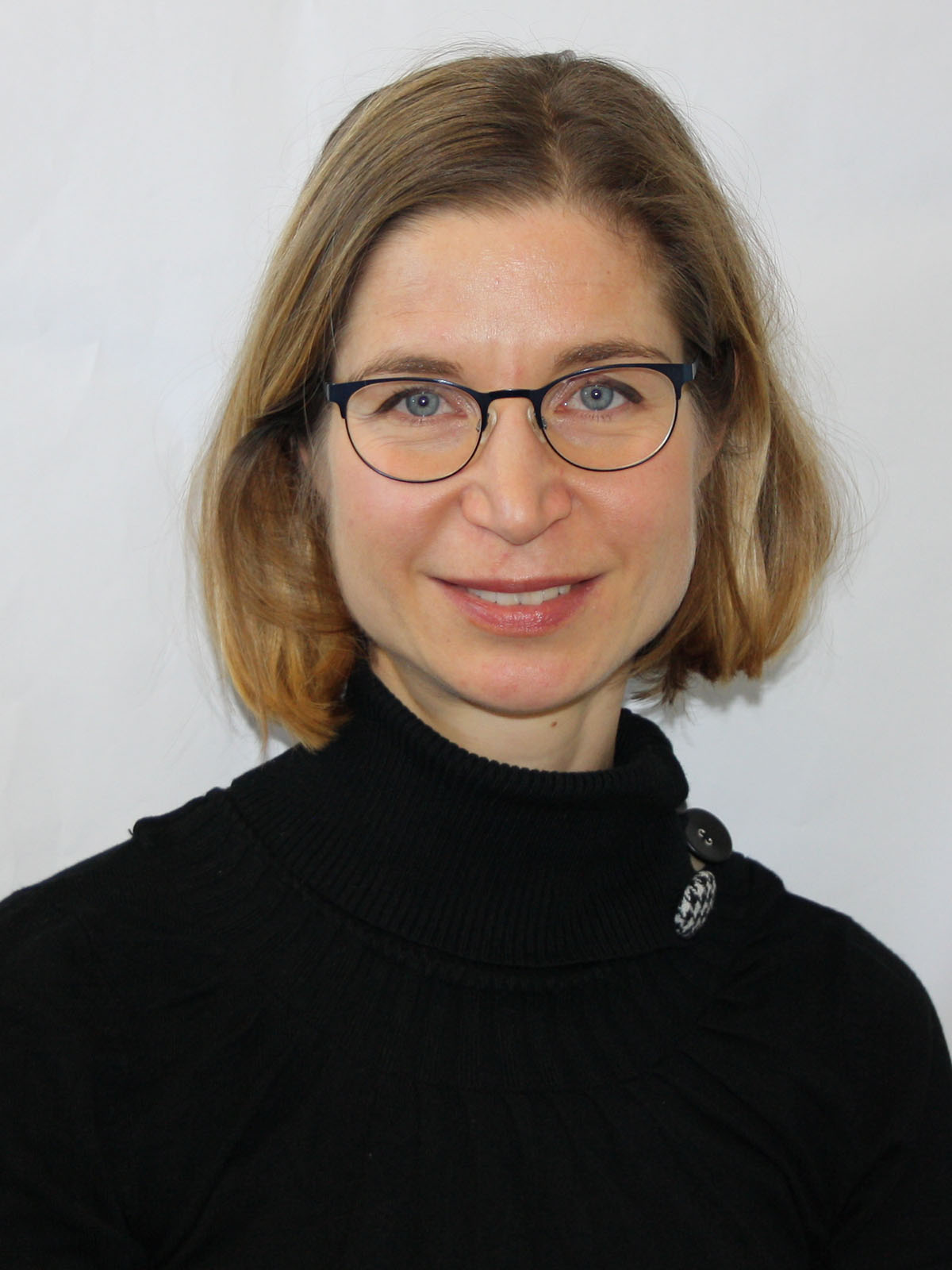Keynotes
Sonja Vernes
Studying bats to shed light on speech and language
Biography

Sonja Vernes is the leader of the Neurogenetics of Vocal Communication group. Sonja obtained her PhD in Neurogenetics from The University of Oxford and is currently a ‘Max Planck Research Group Leader’ holding a W2 position in the Max Planck Institute for Psycholinguistics in Nijmegen, The Netherlands. She is also an affiliated Principal Investigator at the Donders Institute for Brain, Cognition and Behaviour, Radboud University. Her research interests focus on the genetic bases of human language and the use of bats as a model for vocal communication that can inform the biological encoding and evolution of this trait. Sonja is a founding director of the Bat1K genome sequencing consortium (http://www.bat1k.com) and a FENS-Kavli Network of Excellence Scholar (http://fenskavlinetwork.org).
Mohamed Chetouani
Interpersonal speech-based interaction
Biography
Mohamed Chetouani is Full Professor in Signal Processing and Machine Learning for the Human Machine Interaction Institute for Intelligent Systems and Robotics (CNRS UMR7222) at Sorbonne University, and CSO at Batvoice Technologies. He received the M.S. degree in Robotics and Intelligent Systems from the UPMC, Paris, 2001. He received the PhD degree in Speech Signal Processing from the same university in 2004. In 2005, he was an invited Visiting Research Fellow at the Department of Computer Science and Mathematics of the University of Stirling (UK). Prof. Chetouani was also an invited researcher at the Signal Processing Group of Escola Universitaria Politecnica de Mataro, Barcelona (Spain). He is currently a Full Professor in Signal Processing, Pattern Recognition and Machine Learning at the UPMC. His research activities, carried out at the Institute for Intelligent Systems and Robotics, cover the areas of social signal processing and personal robotics through non-linear signal processing, feature extraction, pattern classification and machine learning. He is also the co-chairman of the French Working Group on Human- Robots/Systems Interaction (GDR Robotique CNRS) and a Deputy Coordinator of the Topic Group on Natural Interaction with Social Robots (euRobotics). He is the Deputy Director of the Laboratory of Excellence SMART Human/Machine/Human Interactions In The Digital Society. Website: http://people.isir.upmc.fr/chetouani/
Tecumseh Fitch
Biography

Tecumseh Fitch is the head of the Department of Cognitive Biology at the University of Vienna. His research has followed two main paths: the evolution of cognition, and the bioacoustics of vocal production. He studies both topics from a broad comparative perspective. Initially trained in evolutionary and behavioral biology, he did a PhD in cognitive science at Brown University, after deciding to study language evolution from a biological perspective. He taught in both biology and psychology departments at Harvard and St Andrews before moving to Vienna in 2009 to co-found the new Department of Cognitive Biology, within the Life Sciences Faculty at the University of Vienna. He has recently published a book ‘The Evolution of Language’ (CUP, 2010) and is a recipient of an ERC Advanced Grant. He has worked on a wide variety of species, including whooping cranes, deer, elephants, dogs and many primate species, and much of his work features direct experimental comparisons of such species with human beings.
Verena Rieser
How machines learn to talk. Machine Learning for Conversational AI
Biography

Verena Rieser is a Professor in Computer Science at Heriot-Watt University, Edinburgh, where she is affiliated with the Interaction Lab. Verena holds a PhD from Saarland University (2008) and worked as a postdoctoral researcher at the University of Edinburgh (2008-11). Her research focuses on machine learning techniques for spoken dialogue systems and language generation, where she has authored almost 100 peer-reviewed papers. She has served as area chair for ACL for both generation and dialogue. For the past two years, Verena and her group were the only UK team to make it through to the finals of the Amazon Alexa Prize.